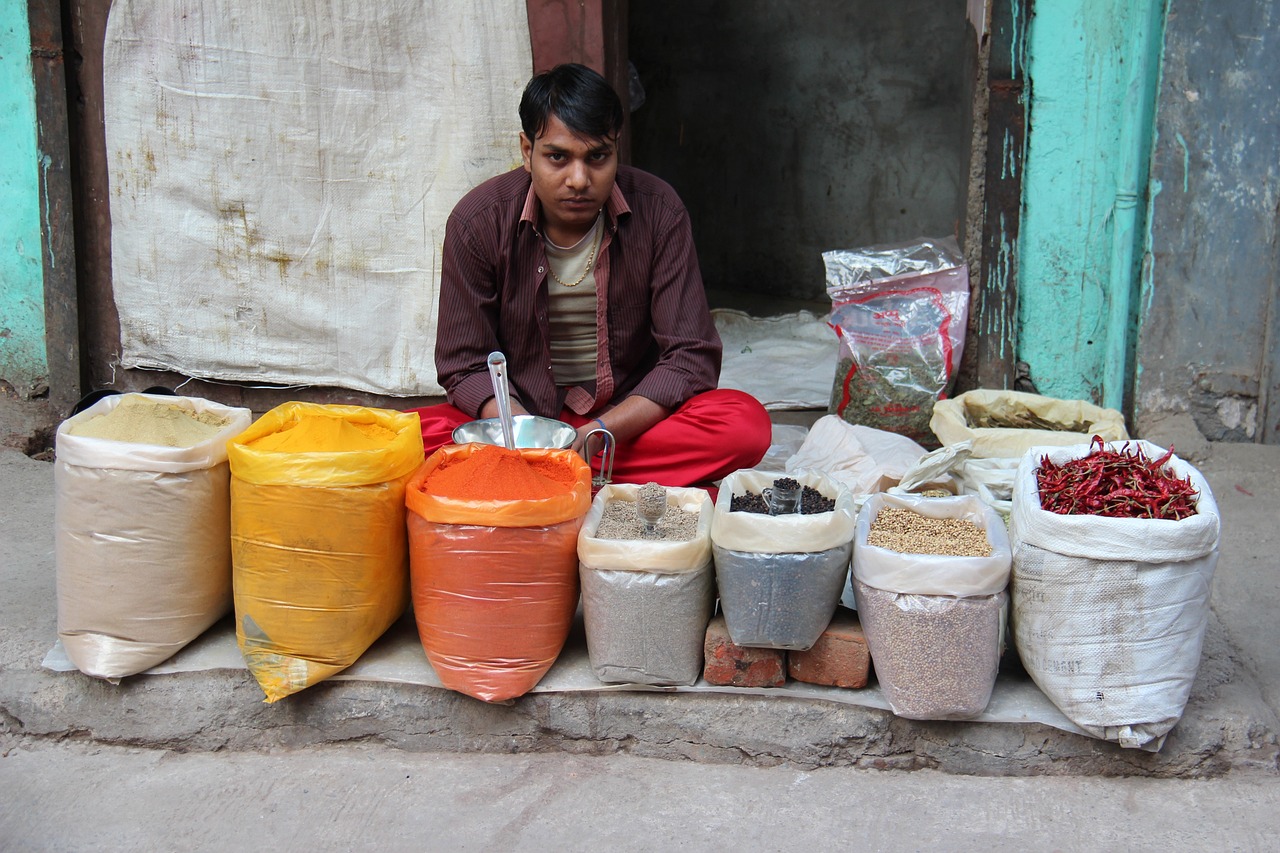The Influence of Political Action Committees on Election Policies
Political Action Committees (PACs) play a significant role in shaping election policies and influencing the outcomes of elections in the United States. PACs are organizations that raise and spend money to support or oppose political candidates, ballot initiatives, or legislation. They are a key component of the political landscape and have a considerable impact on the political process. In this article, we will explore the influence of PACs on election policies and how they shape the political landscape.
What are Political Action Committees?
Political Action Committees (PACs) are organizations that raise money from individuals, corporations, unions, and other groups to support or oppose political candidates, ballot initiatives, or legislation. PACs can contribute funds directly to candidates’ campaigns or spend money independently to support or oppose candidates through advertising, voter mobilization efforts, and other activities. PACs are required to register with the Federal Election Commission (FEC) and disclose their donors and expenditures.
The Role of PACs in Shaping Election Policies
PACs play a significant role in shaping election policies and influencing the outcomes of elections. By raising and spending money to support or oppose candidates, PACs can amplify the voices of certain interests and sway public opinion. PACs can also provide candidates with crucial financial support that can help them run competitive campaigns and reach out to voters. As a result, PACs have a considerable impact on the political process and can shape election outcomes.
How PACs Influence Election Policies
PACs influence election policies in several ways. First, PACs can make direct contributions to candidates’ campaigns, which can help candidates fund their campaigns and reach out to voters. By giving money to candidates, PACs can gain influence over the candidates and the policies they support. Second, PACs can spend money independently to support or oppose candidates through advertising, voter mobilization efforts, and other activities. This independent spending can sway public opinion and influence election outcomes. Third, PACs can mobilize their members and supporters to vote for or against candidates, which can have a significant impact on election results.
The Impact of PACs on Election Policies
The impact of PACs on election policies is significant. PACs can shape the priorities of elected officials and influence the policies they pursue in office. By supporting candidates who align with their interests, PACs can ensure that their concerns are reflected in legislation and policy decisions. PACs can also help candidates gain a competitive edge in elections by providing them with financial support and mobilizing voters on their behalf. As a result, PACs play a crucial role in shaping election policies and influencing the political process.
Challenges and Controversies Surrounding PACs
Despite their influence, PACs are not without challenges and controversies. Critics argue that PACs have too much influence over the political process and that they enable wealthy donors and special interests to wield disproportionate power. Critics also raise concerns about the lack of transparency and accountability in PAC spending, as some PACs are able to hide their donors and expenditures through loopholes in campaign finance laws. These challenges have led to calls for campaign finance reform and greater regulation of PACs to ensure transparency and accountability in the political process.
The Future of PACs and Election Policies
As PACs continue to play a significant role in shaping election policies, the future of PACs and their influence remains uncertain. With calls for campaign finance reform and greater transparency in political spending, there may be changes ahead for PACs and their operations. However, as long as PACs are able to raise and spend money to support candidates and influence election outcomes, their influence on election policies is likely to remain significant. It will be essential for policymakers and the public to continue to monitor and evaluate the role of PACs in the political process to ensure that the interests of all citizens are represented and protected.
Conclusion
In conclusion, Political Action Committees (PACs) play a significant role in shaping election policies and influencing the outcomes of elections. By raising and spending money to support or oppose candidates, PACs can amplify the voices of certain interests and sway public opinion. PACs can also provide candidates with crucial financial support that can help them run competitive campaigns and reach out to voters. While PACs are not without challenges and controversies, their influence on election policies is undeniable. It will be essential for policymakers and the public to continue to monitor and evaluate the role of PACs in the political process to ensure that the interests of all citizens are represented and protected.
FAQs
What are Political Action Committees (PACs)?
Political Action Committees (PACs) are organizations that raise money from individuals, corporations, unions, and other groups to support or oppose political candidates, ballot initiatives, or legislation.
How do PACs influence election policies?
PACs influence election policies by raising and spending money to support or oppose candidates, influencing public opinion through advertising and voter mobilization efforts, and mobilizing voters to support or oppose candidates.
What challenges do PACs face?
PACs face challenges such as criticism for their influence over the political process, concerns about lack of transparency in spending, and calls for campaign finance reform to ensure greater accountability.
What is the future of PACs and election policies?
The future of PACs and their influence on election policies remains uncertain, with calls for campaign finance reform and greater transparency in political spending shaping the debate over the role of PACs in the political process.







